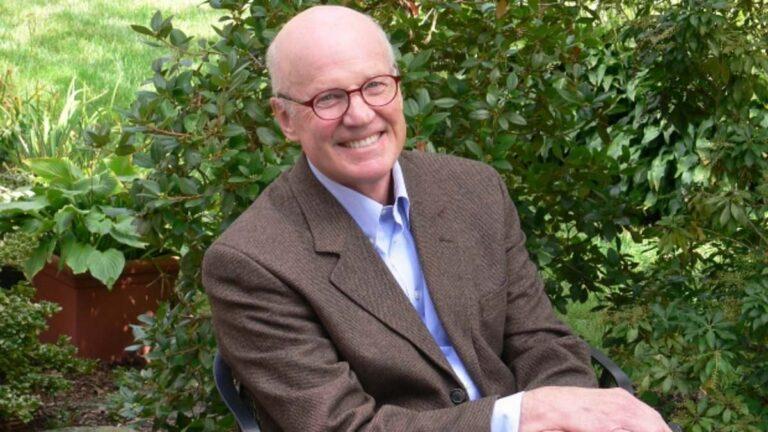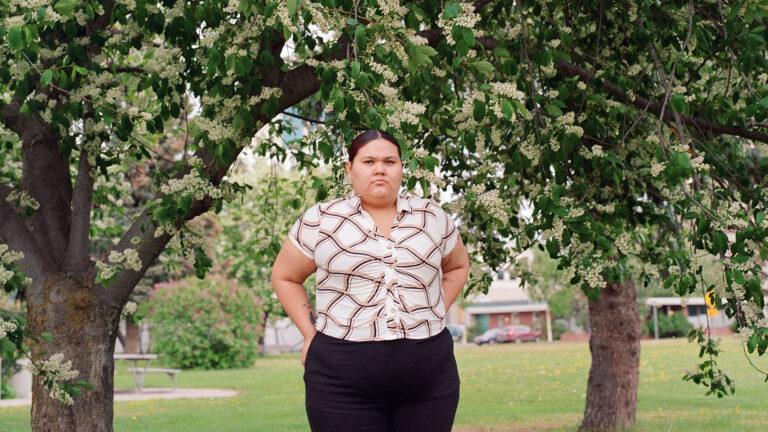Today, the plummeting price of renewables is helping humanity decarbonize: Wind energy prices dropped by 55 percent in the 2010s, the new report notes, while solar power and lithium ion batteries got 85 percent cheaper—much cheaper than researchers had anticipated. Lower prices have allowed for the proliferation of solar panels, reducing dependence on fossil fuels. Scientists are scrambling to figure out where to put them all, like on rooftop gardens and croplands, over canals, or floating on reservoirs.
The report “makes it clear that the world has made some progress on climate change—there is some good news,” says Zeke Hausfather, a research scientist at Stripe and the nonprofit Berkeley Earth, who wasn’t involved in the synthesis. “At the same time, there’s such a big gap between where we are right now—and even where countries have committed to be by 2030—and what is needed to meet our most ambitious climate targets.”
The future is uncertain. When scientists model climate change, they imagine different scenarios in which humanity reduces emissions, keeps them steady, or increases them. These models spit out a range of figures for potential warming. Not long ago, scientists were estimating that an increase of 4 or 5 degrees could be possible, given emissions trajectories. But modeling last year by Hausfather and his colleagues found that if countries stick to their reduction pledges, we could keep warming under 2 degrees. “We can be cautiously optimistic about the direction of these trends, and also realize that technology’s not going to save us all by itself,” says Hausfather. “Without stronger policies to propel these adoptions, we’re not going to meet our targets.”
The new IPCC report lands in the middle of those ranges—it warns that unless policymakers get a lot more ambitious about reductions, we could be heading toward a rise of around 3 degrees by the year 2100. Given the severity of the environmental damage we’re already seeing at 1.1 degrees of warming, it would be an unfathomable escalation.
Hausfather sees hope that we might head this future off. Last year, the United States passed the Inflation Reduction Act, which allocates hundreds of billions of dollars toward juicing the green economy and incentivizing people to climate-proof their homes. The invasion of Ukraine has forced Europe to wean itself off of Russian gas and adopt more clean technologies like heat pumps. “What China is doing with electric vehicles is huge,” says Hausfather, referring to the country’s rapid adoption of EVs. And as the price of renewable energy falls, he continues, “solving this is probably going to be a lot cheaper than we thought it was a decade ago.”
The food system, though, is going to be trickier to decarbonize. A study published earlier this month estimated that the industry alone could add a degree Celsius of warming by 2100. But it also pointed to powerful levers that can be pulled to control emissions: Three quarters of that warming would come from methane-heavy industries like dairy and livestock production (cows burp a lot) and rice cultivation (bacteria that emit the gas grow in flooded rice fields). Methane is 80 times more potent than CO2, but disappears from the atmosphere in 10 years rather than centuries. Changes like driving down demand for beef or developing feed additives to keep cows from belching could all help reduce warming quickly.
Decarbonization comes with other benefits, the report notes, known as multisolving. Adding a green space to a city, for instance, absorbs carbon, cools the air, mitigates flooding, improves mental health, and may let residents grow more of their own food, increasing food security while reducing shipping emissions. Switching from gasoline cars to EVs reduces both carbon dioxide and air pollution. “So suddenly, this transition to net zero is a major, major win for public health around the world,” says Elizabeth Sawin, founder and director of the Multisolving Institute, which focuses on climate solutions.
The final installment in this IPCC series lands at a moment when humanity is reaching a crossroads: business as usual, or accelerating the green revolution. “If we act now,” said IPCC chair Hoesung Lee in a statement, “we can still secure a liveable sustainable future for all.”
This content was originally published here.




















